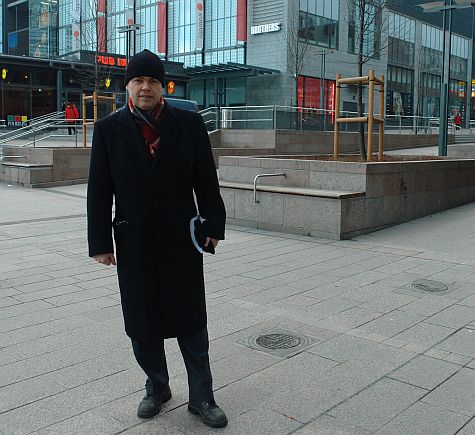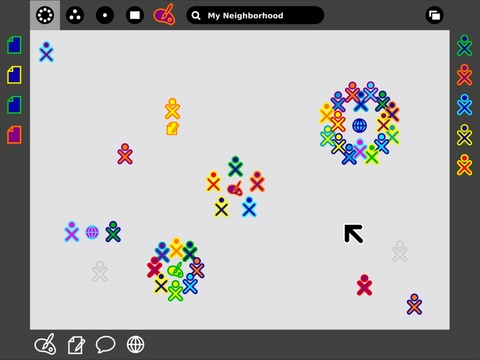I recently attended the Service Engineering and Management (SEM 2007) summer school at the Helsinki University of Technology. One of the more interesting themes that came up was on “Improving Competitiveness and Performance through Service Productization?” by Katriina Valminen and Marja Toivonen. The workshop brought up some discussions on the question mark in the title, but the paper is still under development, so maybe there will be some small modifications of the content still coming.
The focus of the paper is on KIBS (Knowledge Intensive Business Services), but the theoretical work provides a broader foundation. Here’s some excerpts from an early section of the paper:
What is productization in services?
A systematic development of services is becoming increasingly important when the improvement of companies’ competitiveness is pursued. [….]
I recently attended the Service Engineering and Management (SEM 2007) summer school at the Helsinki University of Technology. One of the more interesting themes that came up was on “Improving Competitiveness and Performance through Service Productization?” by Katriina Valminen and Marja Toivonen. The workshop brought up some discussions on the question mark in the title, but the paper is still under development, so maybe there will be some small modifications of the content still coming.
The focus of the paper is on KIBS (Knowledge Intensive Business Services), but the theoretical work provides a broader foundation. Here’s some excerpts from an early section of the paper:
What is productization in services?
A systematic development of services is becoming increasingly important when the improvement of companies’ competitiveness is pursued. [….]




